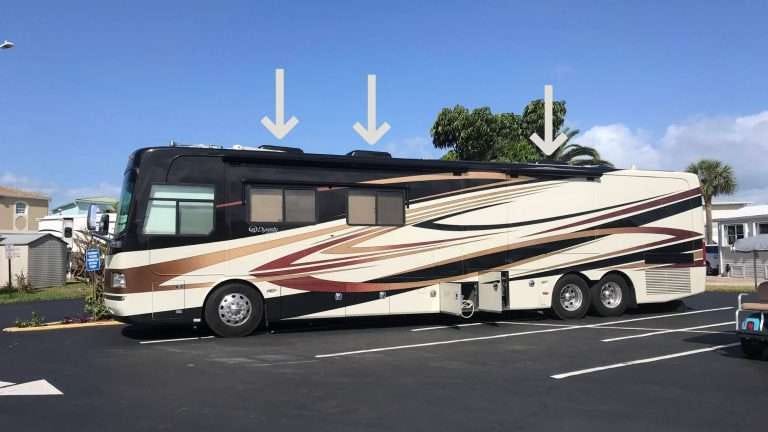Followup on low campground voltage
Wow, there's a lot of low voltage out there.... Should it be metered?
Here’s data from my poll on low campground voltages
While 115 volts is pretty standard in most campgrounds, I’ve personally measured 110 volts at campgrounds many times. I’ve also created 105 volt conditions with a big VariAC transformer in my lab for extended testing of products like air conditioners, and I recently did a remote test with an RV air conditioner at 100 volts, and it wasn’t pretty. So I would never plug my RV into a campground pedestal that measured 100 volts or below.
Why does this happen?
Campgrounds are completely at the mercy of modern RVs requiring lots of power for things like multiple air conditioners, electric water heaters, air fryers, Lithium battery chargers, and even EV tow vehicles.
When many campgrounds were built there were no air fryers or EV cars towing Airstream trailers. And only one air conditioner per RV was the norm. But there are now Class-A RVs with up to three air conditioners pulling lots of power.
So any time you overload an electrical system, the first thing to occur is voltage drop. And 105 volts is considered to be the lowest acceptable voltage at a campground pedestal by the NEC (National Electrical Code). But the NEC isn’t a law, it’s a suggestion, so you can’t fine a campground for too low of voltage. You can only unplug from the pedestal and run under your own power.
What’s the fix?
New campgrounds that are being built need to be permitted and inspected and will have more stable electrical power. And there have been a few changes in the last edition of the NEC book which requires planning more available power for campgrounds. But existing campgrounds are mostly grandfathered in, which means that local inspectors can’t force them to upgrade their electrical systems.
I’ve taken the unpopular stance that campgrounds should be metering power for RVs which would help reduce wastage. I’ve seen lots of RVs with the air conditioners running and their doors and windows hanging wide open. Since there’s no consequences to wasting electricity, nobody seems to worry about it. However, if it costs more to use more electricity, then campers might be a little more conservative with their power usage.
Are there more efficient air conditioners?
Yes there are, and some of these high-efficiency air conditioners use up to 30% less amperage while running. In fact, I’m doing lab and environmental chamber tests on one brand right now which is amazing. However, these super efficient air conditioners cost more than what RV manufacturers are currently installing, and there’s not a lot of incentive for them to spend more money on a better air conditioner. But that could change in the future.
Campground maintenance is important
I’ll also be doing my first seminar/workshop for campground owners this December on inexpensive ways that campgrounds can improve their power distribution and reduce voltage drop. And I’ll be teaching proper maintenance of pedestal outlets which is something I’ve been pitching for years. I hope this training is accepted and can be duplicated for campground owner groups around the country. But we shall see…
Watch for a new poll tomorrow
I’ll be taking a poll to see if you feel that campground power should be metered or not. This is going to get interesting…









I signed a very comprehensive NDA about my testing, but I should be able to release some general information soon.
On a recent camping trip, our EMS detected voltages below 104, and shut our electricity off. The temperature was in the high 90’s, so we were out of luck. Is the damage that could occur gradual, in that we could use our air conditioner for a short time, or is it damaging right away?